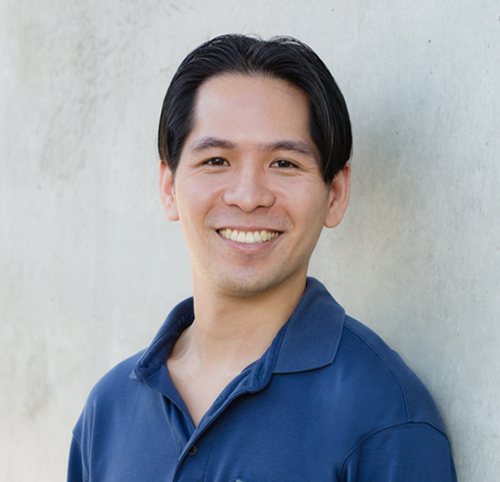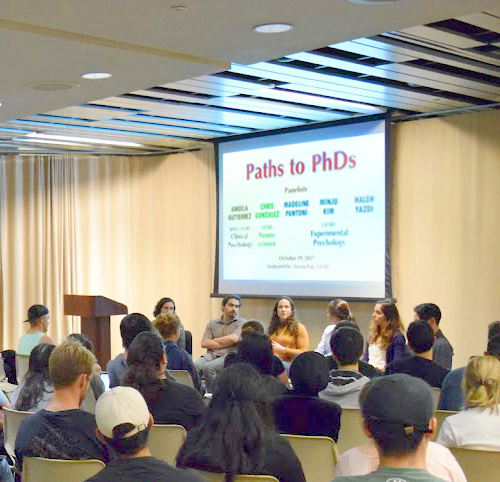
Greetings and Welcome!
I am an Assistant Professor in the Department of Psychology and director of the Learning Sciences Laboratory at the National University of Singapore (NUS). My research bridges the fields of cognition and education and addresses questions of: (a) how do human beings learn and retain educationally relevant information? and (b) how can learning and memory be optimised to yield durable, long-lasting understanding and retention? These lines of research reflect a focus on evidence-based learning techniques and technologies, including such methods as retrieval practice, interleaved practice, and prequestions/errorful generation.
My academic background is as follows: I completed my undergraduate studies via the Early Entrance Program at California State University Los Angeles, my graduate studies at the University of California San Diego, and a postdoctoral fellowship at the University of California Los Angeles. My research has been supported by a UCLA Chancellor's Postdoctoral Fellowship, an NSF Graduate Research Fellowship, an APA Early Graduate Student Researcher Award, and an NIMH T34 Pre-Doctoral Ruth L. Kirschstein National Research Service Award. I can be contacted here. Please see the next section for information about joining the lab and graduate research opportunities.
Research and Graduate Opportunities
The Learning Sciences Laboratory is considering applications for volunteer research positions, Undergraduate Research Opportunities Programme (UROP) students, as well as IRP and ISM students. Many of these positions are especially well-suited for undergraduate students that are in their 1st, 2nd, or 3rd years at NUS and are interested in gaining research experience or potentially pursuing an Honours Thesis or other thesis project. No prior experience is necessarily required in many cases, although NUS students who have prior research experience or experience with web programming (HTML, CSS, JavaScript, Qualtrics, etc.) are especially welcome. Applicants should typically be actively enrolled NUS students. For further information, please visit this section of this website.
The Learning Sciences Laboratory also considers applications for graduate students. Prospective graduate students should have a strong background in psychology, including psychology research methods and statistics. A Psychology degree is expected. Prior highly relevant research experience is also required and prospective students should be interested in pursuing a dissertation/thesis topic in Cognitive Psychology (Master's or Ph.D. in Psychology) that aligns with the themes articulated in the Research section of this website, plus meet the requirements at this section of this website. If you meet all of those requirements, you may contact for further information. Further information about the NUS Psychology PhD Program, including how to apply, is available here and information about the NUS Master of Social Sciences in Psychology Program is also available here. Please refer to the next section for application advice. Please note that due to high expressions of interest, we may not be able to respond to all messages from potential applicants.


Career and Learning Resources
For those interested in graduate school, a series of instructional videos regarding the application process may be of interest. I previously hosted Paths to PhDs, a panel workshop series where graduate students in the fields of psychology, cognitive science, and neuroscience share insights on successfully applying to, and succeeding in, graduate school. Workshop materials and related videos from Paths to PhDs are available via this website.
Want to improve your study skills? A series of video guides to the most effective techniques can help you achieve maximum academic performance. Another series of videos that were specifically developed for undergraduate students provides tips on writing successful research papers in APA style. Applying for competitive graduate fellowships such as the NSF Graduate Research Fellowship or merit-based postdoctoral research fellowships? Here are tips for crafting a winning entry.



